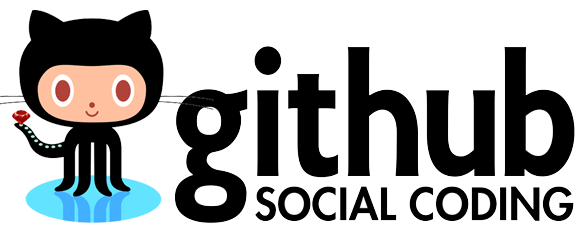Free software. Free and open source software, or F/OSS as it is called, is incredibly important to our modern world. In a society so dominated by the principles of capitalism, it is often quite surprising how pervasive F/OSS truly is.

What is F/OSS exactly? After software has been created, the author of the software has a choice: to sell his or her work and make money off it, or to give away his or her work and give it away for free. If the author were to give it away for free, it would be considered – go figure – free software. Additionally, the author could decide to also release the source code of the software, (making it Open Source) which would allow anyone to see how they made the software and copy it, if they so chose.
Open source software is incredibly important to our society because many of the most important tools that run on the internet (and indeed run the internet) are free and open source.
![]()
But what about the economics of F/OSS? Software companies employee a lot of people – how are we going to have a productive economy if we give our technology away for free? Fear not! There are many examples of free and open source software that still generates extraordinary profits for companies and the economy. Take Red Hat for example – they offer support and custom solutions for (massive, enterprise) clients, all built on top of open source software. While you can use their products for free, companies can also hire them to build custom enterprise solutions. Just look at the quote (image below) on the front page of Red Hat’s website: “The software is free. The subscription is invaluable”.
A popular website that hosts open source projects is GitHub. GitHub is a great site where developers from all over the world can collaborate on software and build it together, learning from each other and making connections with fellow developers in the process. GitHub is a tool that fosters the open communication and sharing of ideas and source code, so that developers don’t have to rebuild the wheel every time they seek to accomplish a common task.

Further Reading:
